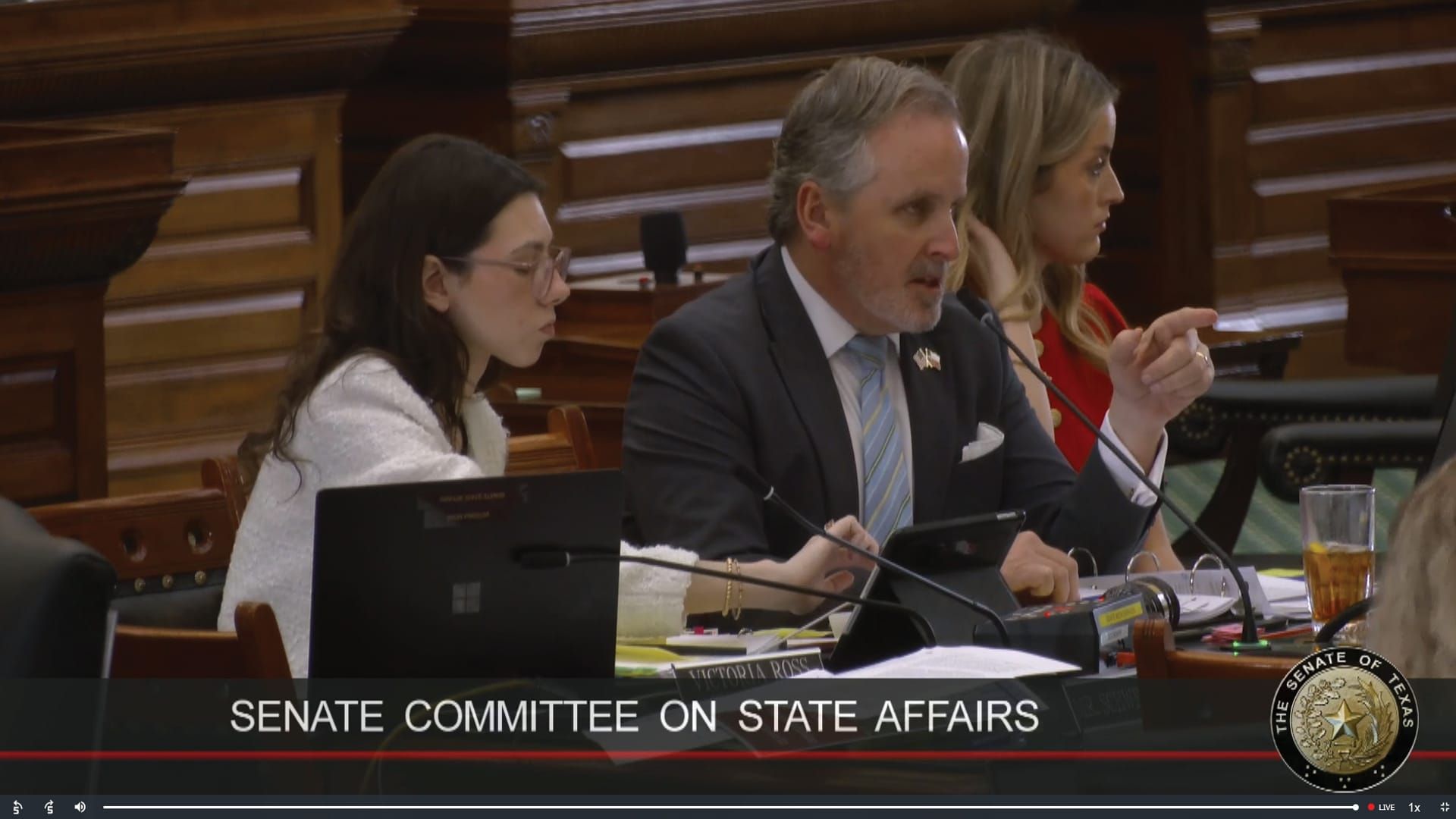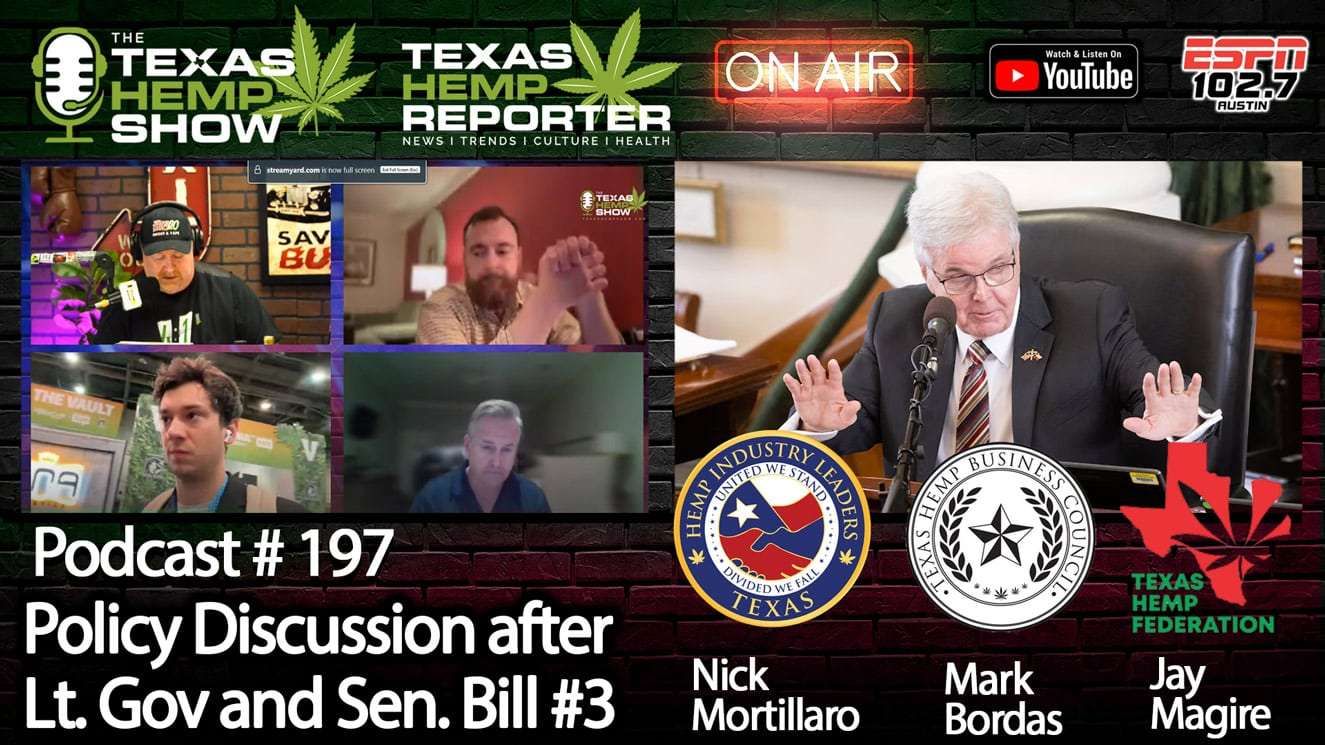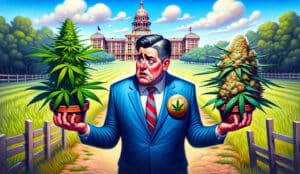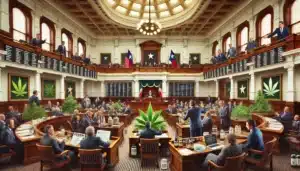Top Ten Prohibitionist Lies
The March 3 hearing showcased the best anti-THC talking points from the 1970’s, 80’s and beyond. Like a hit parade of bogus tunes, here’s the Top Ten Prohibitionist Lies
1. “Marijuana is a Gateway Drug”
• Falsehood: Using marijuana leads people to use harder drugs like heroin or meth.
• Reality: Numerous studies, including from the National Institute on Drug Abuse (NIDA), show no causal link between marijuana use and subsequent hard drug use. The real gateway factors tend to be socioeconomic conditions, trauma, or early exposure to addictive substances like alcohol and nicotine.
2. “Marijuana Causes Violent Crime”
• Falsehood: Legalizing marijuana increases violent crime rates.
• Reality: Crime statistics from states that have legalized cannabis (e.g., Colorado, Washington) show no significant rise in violent crime—and some cities have even reported decreases. In contrast, illegal drug trade violence often decreases when legal markets replace black market sales.
3. “Marijuana Lowers IQ and Makes People Lazy”
• Falsehood: Long-term cannabis use reduces intelligence and destroys motivation.
• Reality: Studies show no significant IQ drop in adults who use cannabis. While adolescent overuse may impact cognitive development, occasional adult use has not been linked to measurable declines in intelligence. Moreover, many successful professionals and creatives openly use cannabis without suffering motivational issues.
4. “Marijuana is as Dangerous as Heroin and Fentanyl”
• Falsehood: Cannabis is a “Schedule I drug” because it’s highly addictive and has no medical benefits.
• Reality: Marijuana is not chemically addictive in the way opioids or nicotine are, and it has established medical benefits for pain, epilepsy, PTSD, and more. In fact, it is far less harmful than alcohol and prescription painkillers.

5. “Legalization Leads to More Teen Use”
• Falsehood: When states legalize marijuana, more teenagers will start using it.
• Reality: Studies from The Journal of the American Medical Association (JAMA) and Colorado Department of Public Health show no increase in youth marijuana use post-legalization. In fact, some states have seen decreases in underage use due to better regulation.
6. “Marijuana Kills Brain Cells”
• Falsehood: Smoking weed permanently destroys brain cells.
• Reality: This myth originated from a flawed 1970s study where researchers suffocated monkeys with excessive cannabis smoke, depriving them of oxygen. Modern neuroscience shows that cannabis affects brain function but does not destroy brain cells.
7. “People Overdose on Marijuana”
• Falsehood: Cannabis use leads to lethal overdoses.
• Reality: There are zero recorded deaths from cannabis overdose. While high doses can cause discomfort, anxiety, or nausea, it does not suppress respiratory function like opioids.
8. “Legal Marijuana States Have More DUIs and Traffic Accidents”
• Falsehood: Marijuana legalization leads to more impaired driving and crashes.
• Reality: While THC can impair driving ability in some cases, overall crash rates have not spiked in legal states. Many studies indicate that drunk driving is a far bigger problem than cannabis-impaired driving.
9. “Marijuana Has No Legitimate Medical Use”
• Falsehood: There is no scientific evidence supporting medical marijuana.
• Reality: Cannabis is FDA-approved for multiple conditions, and studies confirm its effectiveness in treating epilepsy (CBD), chronic pain, nausea from chemotherapy, PTSD, and multiple sclerosis. The U.S. government even holds a patent on cannabinoids for their neuroprotective effects.
10. “Marijuana Legalization Harms the Economy”
• Falsehood: Legal weed will damage businesses and hurt the economy.
• Reality: Legal cannabis is one of the fastest-growing industries, generating billions in tax revenue, creating hundreds of thousands of jobs, and reducing costs related to law enforcement






